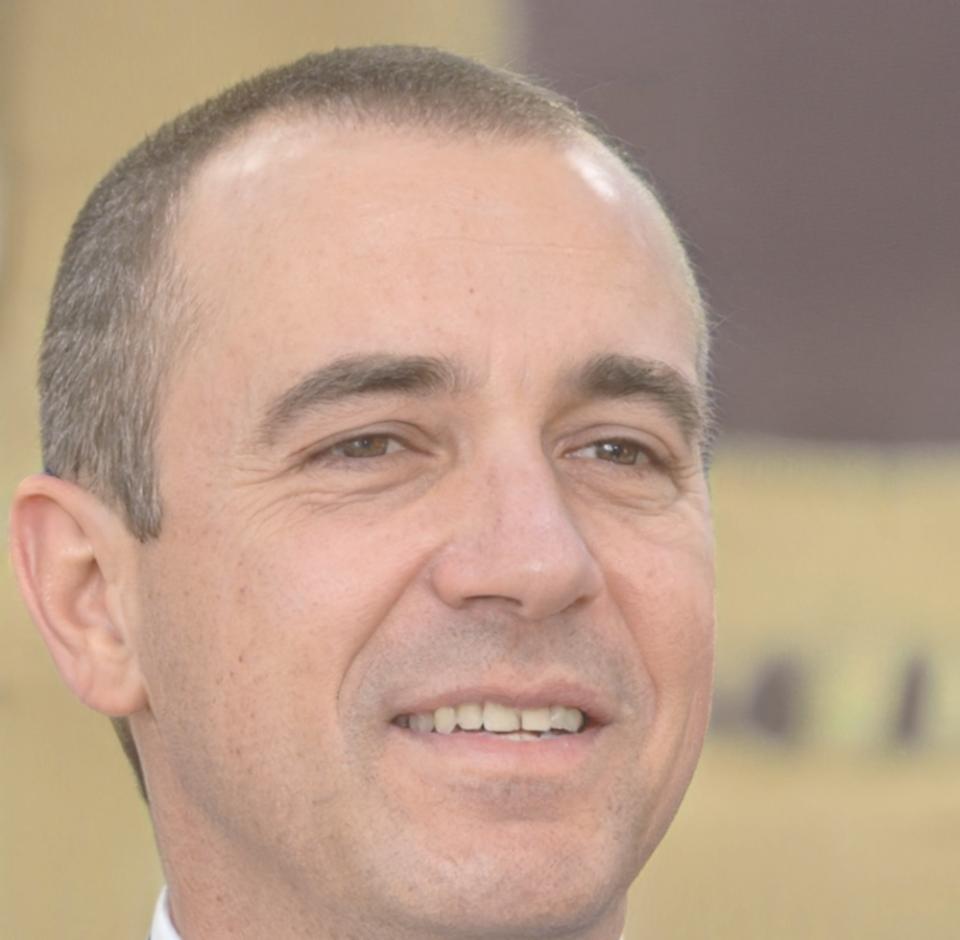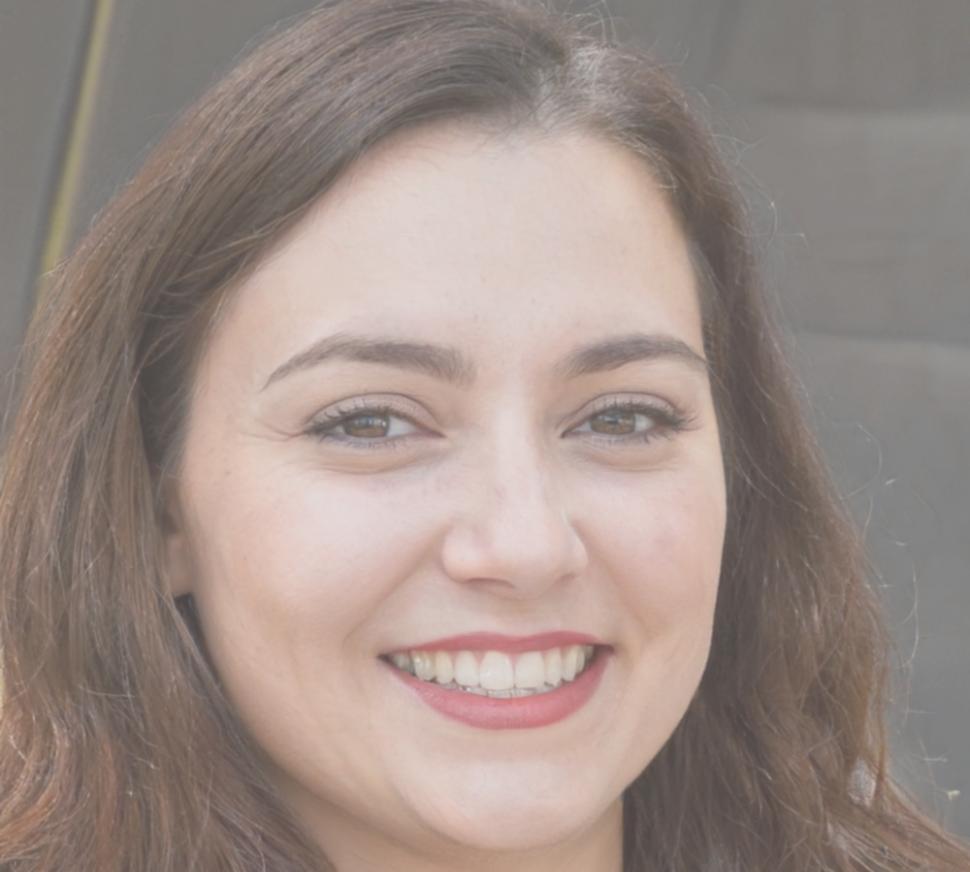Weekly Budgeting That Actually Works
Forget dense spreadsheets and confusing finance jargon. Our program teaches you how to manage money week by week, building habits that stick. Real budgeting for real people trying to get ahead in 2025.
Start Your Journey

Learn By Doing, Not Just Watching
Most financial courses throw theory at you and hope something sticks. We do the opposite. You'll work through actual budgets from day one, using your own numbers and situations.
Every week you tackle different scenarios—groceries one week, unexpected bills the next, planning purchases the week after. By October 2025, you'll have practiced enough that weekly budgeting becomes second nature.
- Weekly challenges based on Australian living costs
- Real scenarios, not textbook examples
- Your money, your decisions, your learning pace
Three Months That Change Everything
Our program runs for twelve weeks because that's how long it takes to build a proper habit. Not three days, not a weekend workshop. Twelve solid weeks of practicing, adjusting, and improving.
Week one might feel awkward. Week six, you'll start noticing patterns in your spending. Week twelve? You won't even think about it anymore—you'll just do it naturally.
The next intake starts September 2025, with sessions held at our Robina location. Small groups mean you actually get attention when you're stuck on something.
What You'll Actually Learn
No fluff, no filler. Just the practical skills you need to budget weekly without losing your mind or your free time.
Weekly Tracking
How to check your spending without obsessing over every dollar. Find the balance between awareness and living your life.
You'll learn simple methods that take five minutes per day, not hours.
Expense Categories
Setting up categories that make sense for how you actually spend, not how some textbook says you should.
Australian living costs and Queensland specifics included—we know fuel and groceries aren't the same everywhere.
Buffer Building
Creating a financial cushion without sacrificing everything you enjoy. Small weekly amounts add up faster than you think.
By week eight, most participants have built their first proper buffer.
Irregular Costs
Dealing with those expenses that pop up every few months and always catch you off guard—car registration, insurance, annual subscriptions.
You'll learn to spread these across weeks so they never surprise you again.
Adjustment Strategies
What to do when your carefully planned week goes sideways. Because life happens and budgets need to bend without breaking.
Real recovery tactics, not just "try harder next time."
Goal Setting
Turning vague hopes into weekly actions. Whether you're saving for something specific or just trying to stop living paycheque to paycheque.
Break big goals into small weekly wins that actually feel achievable.

Kirsten Holmqvist
Teaching practical finance since 2018, specializing in weekly budgeting methods for Australian households.
Who's Teaching This?
I'm Kirsten, and I've been teaching people to budget for seven years now. Started after watching too many friends struggle with monthly budgets that never quite worked. Weekly made more sense—it matches how most of us get paid and think about money anyway.
I'm not a financial advisor who'll sell you investment products. I'm an educator who helps people stop stressing about their bank balance every week. That's it.
Before this, I worked in retail banking where I saw the same problems over and over. People knew they should budget, tried the apps and spreadsheets, but nothing stuck. Turns out, most budgeting advice is designed by people who don't remember what it's like to worry about money.
My Teaching Approach
No judgment zone. Everyone's financial situation is different, and you won't get lectured about past decisions.
Questions encouraged. If something doesn't make sense for your situation, speak up. We adjust methods to fit people, not the other way around.
Real examples only. Every scenario we work through comes from actual participant experiences. You'll recognize yourself in the exercises.
Classes are capped at sixteen people per group. Small enough that I know everyone's name and situation by week three. Large enough that you hear different perspectives and solutions.
If you're in the Gold Coast area and tired of budgeting methods that sound great but don't work in practice, come have a chat. First consultation's free—just coffee and conversation about whether this program fits what you need.
Book a Chat